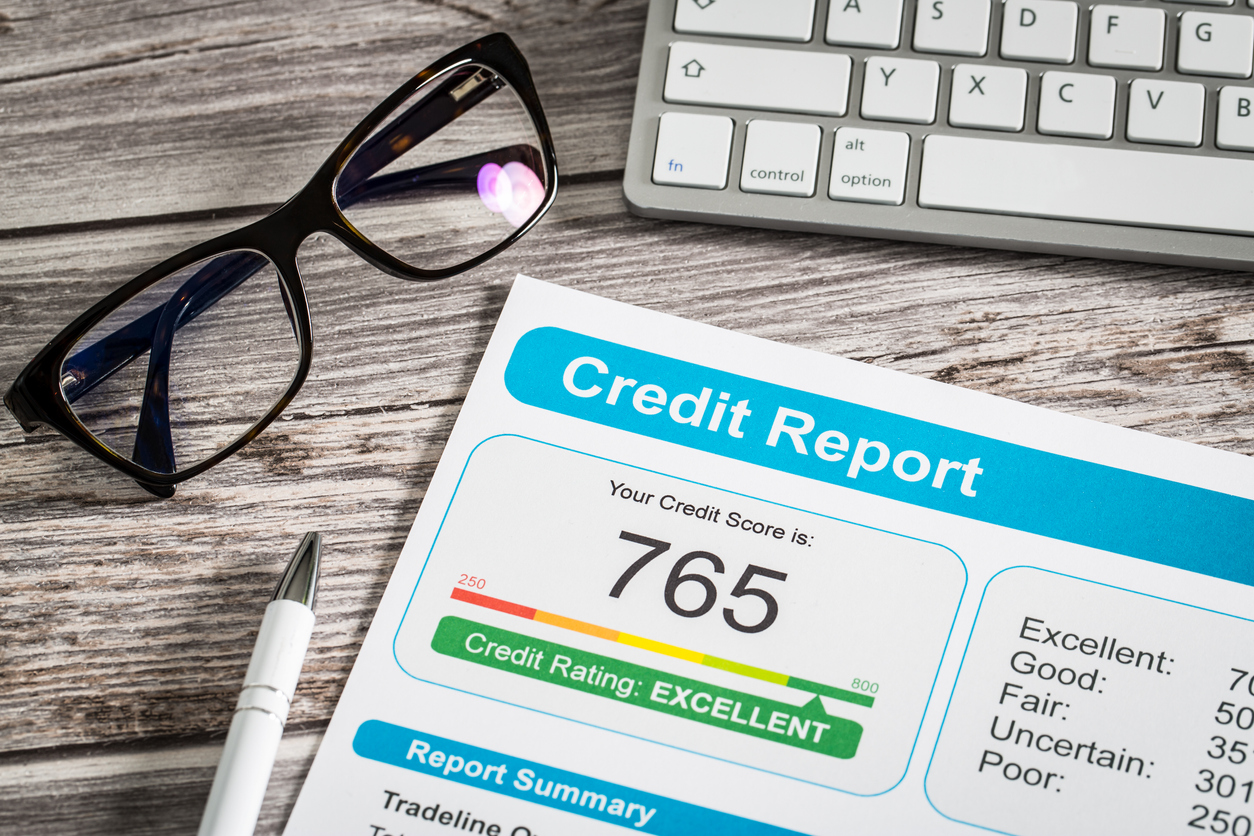Understanding Your Credit Score
Ahhhh. Fall is in the air! We’ve had two weekends of college football, one weekend of NFL football, and an exciting pennant race. We’ve got scores from important games flowing through our brains… but are we paying close enough attention to the most important score of all?
Like it or not, our credit scores are one of the most important numbers of our lives. This three-digit number is our financial report card, and the “tests” that determine our grades don’t stop when we’re done with our educations.
Our credit scores show lenders just how trustworthy we are when it comes to managing our finances… maintaining a high score (good offense AND defense) can save us tens of thousands of dollars throughout our lives.
If you’re unsure about details behind your personal score, or how significantly this number can impact you financially, check the synopsis below…
How Your Score is Calculated
Your FICO credit score is comprised of five elements, the first being how you pay your bills (35% of the score). Points added for on-time, and points deducted for late, or non-payment.
Second, is the amount of credit utilized (30% of the score). How much money do you owe as a portion of the amount of credit available to you? The lower this ratio, the better.
Third is credit history (15%). Fourth (10%) is type of credit (revolving, like credit cards, or installment, like car notes and mortgages). The fifth and final 10% is derived from new credit applications. How often, and for what types of credit are you applying?
Where to Find Your Score and Report
To access your credit report, go to annualcreditreport.com (one free report annually) or creditkarma.com (free access to your score upon signing up for an account).
TIP: Be vigilant in checking for fraudulent or erroneous information. If any exists, immediately contact both the credit reporting agency and the company that is portraying inaccurate information to determine next steps.
How Your Score Can Cost You
Your score can range from about 300 to 850. In general, you’ll want to aim for a score of 740 or higher, which is the “very good” range. The higher your score, the more creditworthy you appear (meaning lenders can rely on you to pay your debts and pay them on time). This translates into lower interest rates and more money saved!
To learn more about buying a home, be sure to visit Karen’s Buyer’s Section for frequently asked questions.
Karen would love to advise and assist you in all things real estate related. She loves working with first time homebuyers and veteran home buyers alike. Contact her today!









